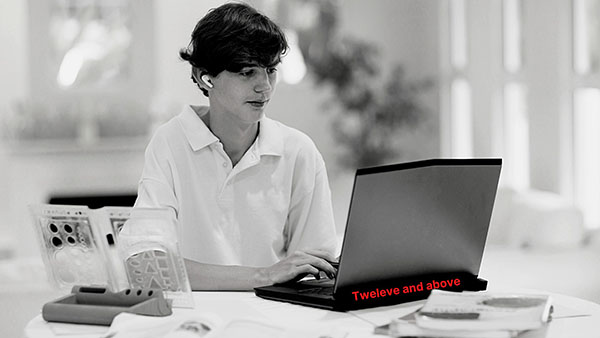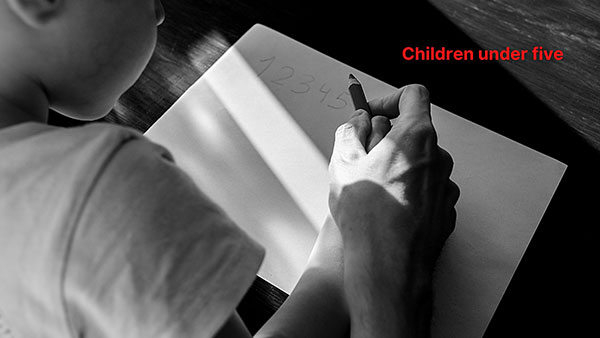Home schooling feels….?
So we all know isolation is tough right!?
But who thought we’d have to become teachers as well! If you’re like me you will have days that things are smooth and nailing the home schooling….then there are the other days that feel a little like a blur.
THEN there are ‘those’ days. The days you feel you want to rip your hair and your kids hair out…. The days that you want to cry, yell and just give up!
The worsts days that feel like forever…. Those are the days we feel like failures as parents but in reality – WE ARE DOING EVERYTHING WE CAN to help our children. They are resilient and know how to push our buttons.
We are going to help with some suggestions briefly. To make it easier they will be in 4 age groups in upcoming posts here;⬇️⬇️⬇️
I) Children under 5
II) Five to eight
III) Nine to eleven
IV) Twelve and above
Be kind to yourselves, everyone is struggling with home schooling. DO what you can in a day, so you aren’t emotionally spent and you have some ‘happy times’ during the day with the children.
Remember this is not forever and your family’s mental wellbeing is more important than how many arguments it takes to get a writing sheet completed, or how many bribes you had to make for a math session work.
BE KIND to YOU…. The rest will fall into place and remember – we are in this together…. Let’s support each other on THOSE days so we have less of them – and more of the silver lining days of good times making memories together. ❤️
ps. most of the upcoming parts can be found on below links for further study;
Children Under 5
No doubt this is the hardest age to do yourself!
The good news about this age group is that a lot of the formal learning requirements are the stuff you’d do instinctively like;
- Gross motor development (large movements and coordination)
- Fine motor development (painting, playing with lego, handcrafting etc.)
- Communication and language skills
- Reading and writing
- Math (counting and adding shapes, measures etc.)
- Art (paints, music, design etc.)
It is vital to keep your timing realistic! You might not be able to spend more than 15 min at a go for reading or writing!
Make as much use of your outdoor (if you have) as you can (for communication, all motor skills, understanding the world).
It would be hard to explain to this age group what is going on in a reassuring way. I found this link for an illustrated booklet.⬇️⬇️⬇️

Five to eight
You will have the daily home works and materials from school for this age group. It makes it easier to base your day around that.
For this group of age, you can design and build some simple practical experiments.
Activities like Dyeing noodles in unicorn colours, putting eggs in Coke, exploding baking powder and vinegar, making sugar crystals etc. they can be spaced out over several days and will give a sense of the world still turning.
Cooking is obviously useful for maths, especially in the earlier years.
Kids of this age might be still biddable enough to engage in physical enterprise, like home circuits, music and movement.
Any ideas with physical action will enhance their focus and concentration too. Getting children to stand behind their chair and make up actions for factual learning also helps break it up and make it more fun. Anything that can be turned into a game or a competition also galvanises focus dramatically.
Do not expect them to listen to you drone on for hours! The time in minutes that you teach your children should never be more than 10-15 min.
➡️ The key here is in children being active and unearthing the learning themselves as far as possible.
➡️ Sit next to them while you are actively trying to help them understand. The way how you make your conversation should be started by open questions such as
- what made you think that?
- tell me more about that
- what did you know already that led you to do that question in that way?
- Tell me how you did it
- Did the way you approached that work – why/why not?
- What would you change next time and why?
At this age we can not over encourage our child. ?
✔️We can use different strategies like giving time frame and rewards.
✔️Children love a sticker.
✔️Timers work well too. You can make a clear and simple expectation such as “When I check in 15 minutes time, you will have written up to this line”.

Nine to eleven
There is even more material at this stage, both online and hard copies that you’ll be able to access through the school or online.??
You must plan quite far ahead, because ⬇️⬇️⬇️
you’re going to get through an enormous number of things. What would take a class a week will take you a day, easily, because you’re not waiting for 29 other students to finish!
If the early years were all about cooking, designing, problem-solving, experimenting, water play using the bath or sink, at this age;
you can make up plays or compose letters and cards for grandparents, face time the plays, put together PowerPoint presentations to share.
✔️Anything with a real-life purpose is far more appealing to children.
It would be possible to bring in other family members, depends who is well and how old they are. If your child’s uncle is good in a subject like Biology, let them get involve with the home-schooling.
If you can think of people – other parents, family members – who are particularly good at a subject, you can organise group tutorials on platforms like face time or Zoom.
While you probably want to cover off the curriculum, you’ll have time to do other things.

Twelve and above
OK, deep breath!?
For this age group we need to continue to take the learning seriously and trying to match the five hours of learning they would do at school.
Most secondary schools will have a homework app and be funnelling through what they consider at least the necessary work, if not more. So apart from having to bend them to your will, the challenge is whether or not you can help if you don’t understand it yourself.
The first port of call is to see if your child can explain it to you, in doing so, their own learning will become far more concrete.
When you look things up online, be careful to put in the level of understanding that you need; The way they teach those things has obviously moved on a lot from when we did them. So, you’re having to learn it all again!?
✔️Look things up. Consult widely , Try not come off as interfering.
✔️Kids are never too old to be diverted by arts and crafts.
✔️Consider a more advanced science kit, so you can blow things up.
Let them have some privacy. Encourage them to talk to their friends after school, and especially if you’re self-isolating.
When I was 12, I didn’t have a phone??. Which meant your friendships were at school, and that was it.
I remember being incredibly lonely at points. This is what parents should prioritise. Technology makes it a bit easier. It’s definitely the trickiest aspect to get right.
Play a lot of cards.
Above all, don’t be too hard on yourself or them; if you need to throw in the towel for the day, do it.
Sometimes life feels like a marathon done at a sprint, and this is one of those times. We don’t have to win it – we just have to live it.
We have got a
Mental Health group on our facebook page where you can share your experiences with other families.







